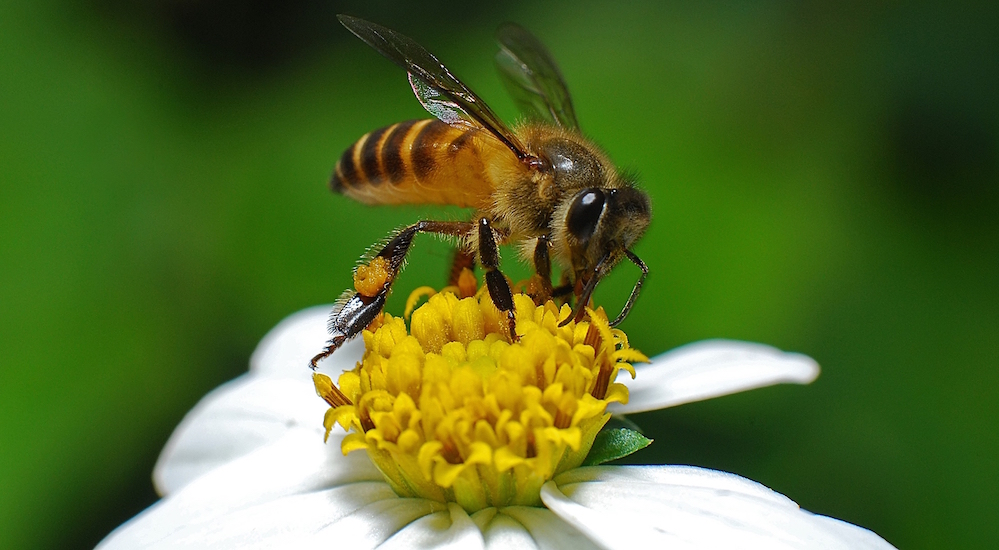READY TO GET STARTED?
REQUEST A FREE ESTIMATE
Fill out the form below or call (888) 466-7849 for a free, no-obligation estimate.

According to the AJC, the city of Decatur is now an official safe haven for bees, which was announced during National Pollinator Week (June 20-26) – designated as a time to celebrate pollinators and spread awareness on how we can all help to protect them from declining populations, including bees, birds, butterflies, bats and beetles.
On Monday this week, city officials voted to adopt a resolution that designates Decatur as a “Bee City“, the first official bee city in the state of Georgia. As part of this designation, the city agrees to celebrate National Pollinator Week, host educational events, and plant & restore sustainable bee habitats. Decatur will also install a Bee City USA street sign in a prominent location, in recognition of the city’s effort and participation.
This initiative is part of the city’s larger plan to support urban gardening, according to Mayor Patti Garrett. “Bees are of critical importance to gardens,” Garrett said.
According to Bee City USA, being a Bee City is a way for city leaders to improve their communities’ environment, eating habits, and overall economy by:

According to the AJC, the city of Decatur is now an official safe haven for bees, which was announced during National Pollinator Week (June 20-26) – designated as a time to celebrate pollinators and spread awareness on how we can all help to protect them from declining populations, including bees, birds, butterflies, bats and beetles.
On Monday this week, city officials voted to adopt a resolution that designates Decatur as a “Bee City“, the first official bee city in the state of Georgia. As part of this designation, the city agrees to celebrate National Pollinator Week, host educational events, and plant & restore sustainable bee habitats. Decatur will also install a Bee City USA street sign in a prominent location, in recognition of the city’s effort and participation.
This initiative is part of the city’s larger plan to support urban gardening, according to Mayor Patti Garrett. “Bees are of critical importance to gardens,” Garrett said.
According to Bee City USA, being a Bee City is a way for city leaders to improve their communities’ environment, eating habits, and overall economy by: